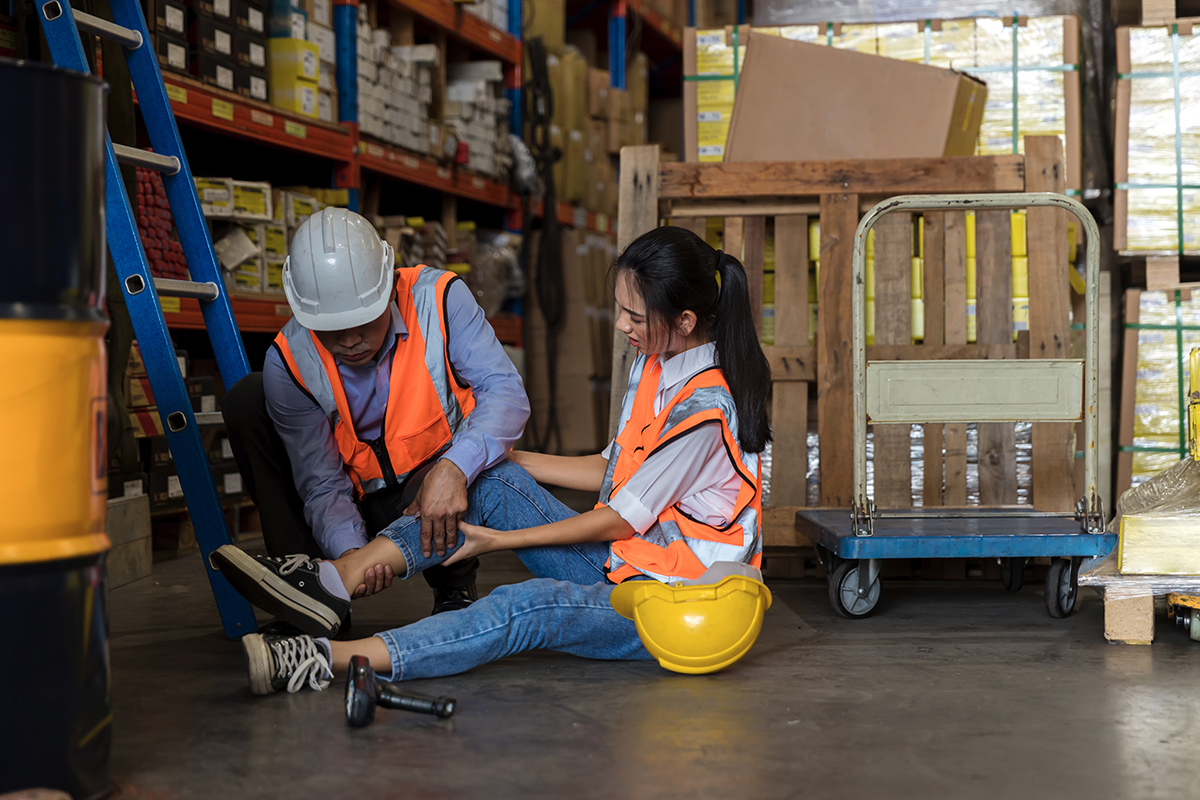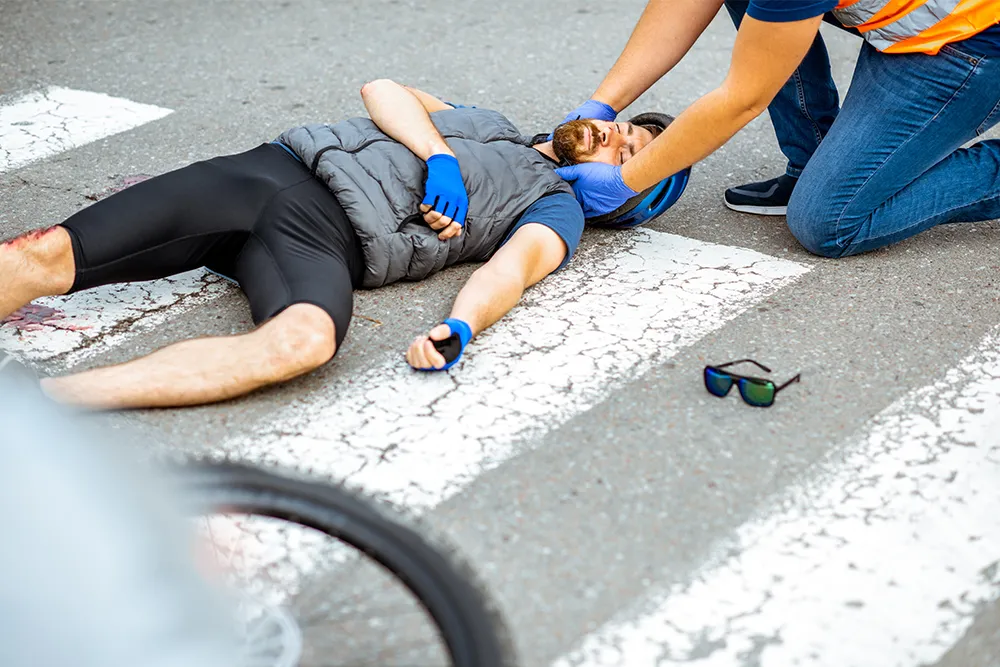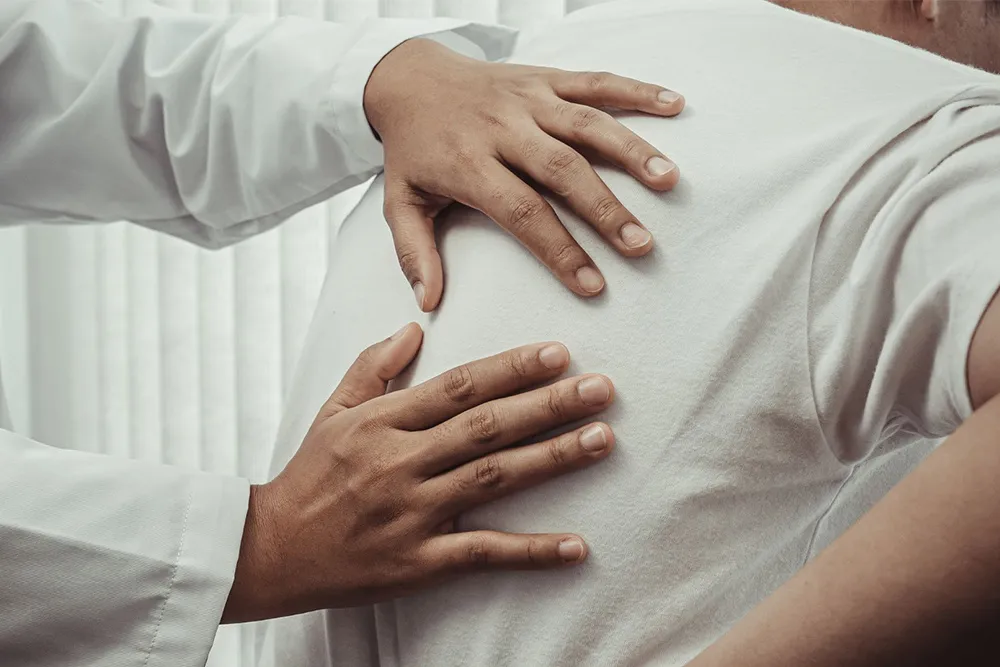While all of us stumble from time to time due to a lack of attention or clumsiness, slipping and falling on someone else’s property due to owner negligence is not only frightening, but it can lead to serious injuries that require medical care and rehabilitation. In the state of Florida, if you are involved in a slip and fall accident that is a result of a dangerous environment, you may be entitled to compensation if you can prove negligence on the owner’s behalf.
The Responsibilities Of Property Owners in Florida
In Florida, property owners have the legal duty to keep their premises in a reasonably safe condition to avoid injuring visitors. This responsibility falls to property owners of stores, businesses, schools, governments, and even residential property owners. What this means is that owners must repair known hazards, keep the property free from debris, and warn visitors of potentially dangerous circumstances. The most common negligent conditions involving premise liability claims include:
- Failure to clean up liquid spills.
- Poor lighting conditions.
- Using slippery flooring substances.
- Absence of handrails on stairways.
- Not addressing cracks/holes and gaps in the flooring.
- Allowing debris and objects to pile up in walkways.
- Not addressing uneven floors that pose a hazard of tripping.
- Having electrical wires exposed on the floor.
- Not posting fair warning about potential hazards.
If you’ve fallen and injured yourself due to one of the reasons listed above, then you’ll need to prove that the property owner was negligent through one of two avenues, either that the owner knew or should have known about the condition, or that they caused the condition and failed to correct it in a sufficient amount of time.
2 Methods for Proving Owner Negligence in Slip and Fall Cases
As mentioned above, when looking to prove your slip and fall case, you’ll need to show that either:
The Property Owner Knew/Should Have Known About the Danger
This method requires you to show that the property owner was aware or should have been aware of the danger that led to your accident. An example of this would be a spill in a grocery store that, either through witness testimony, could be proven that the store manager or owner knew about the spill and failed to take care of it in a timely manner, or that the spill had been there for so long that the store should have known about it.
The Property Owner Caused the Condition & Failed to Correct It
his method requires you to show that the condition was caused by the property owner and that failure to correct it or warn about it occurred. Following our grocery store example from above, if an employee was mopping the floor and failed to put up a “wet floor” sign, and you slipped and fell as a result, the store can be held liable. Another example of this is if there was a hole in the ground at a business that wasn’t roped off or had no warning, and had been there for weeks, you can hold the property owner liable.
What Do You Need to Prove Slip and Fall Negligence Claims?
Regardless of what method is used to prove owner negligence, you must provide documentation or evidence that:
- You were owed a duty of care.
- This duty of care was breached.
- That you were injured as a direct result of this breach.
- You suffered damages as a result of your injuries (medical bills, lost wages, need for rehabilitation, etc.).
Documentation of evidence can include incident reports if you’ve fallen at a commercial property, police reports (if you lost consciousness at the scene), your own written account of the accident, photos and videos, eyewitnesses, and emergency treatment documentation. You may also need to provide medical records of tests, treatments, and follow-up appointments, as well as, pay statements from missed work.
Understanding Florida’s Statute of Limitations for Slip and Fall Cases
If you’ve been injured in a slip-and-fall accident, it’s important to understand that there is a statute of limitations for filing a claim in Florida. This refers to the amount of time that you have to file a claim after an accident has occurred. In Florida, the statute of limitations for personal injury claims, like slip and fall cases, is four years from the date of the accident. This means that if you don’t file your claim within four years, you’ll be barred from doing so.
The Idea of Comparative Negligence in Florida for Personal Injury Cases
In some slip-and-fall cases, the law may recognize that there is comparative negligence, which is the concept of shared fault. In these cases, the courts may find that both the victim and the property owner hold responsibility for the accident. An example of this would be slipping and falling over an object that shouldn’t have been in your path because you were running and not walking in a walk-only designated zone. While you can still recoup compensation even if you’re partially at fault, the compensation will be reduced.
For personal injury cases like slip and fall accidents, navigating the legal concepts of premise liability and comparative negligence can be tricky. If you’ve been injured in a slip and fall accident, it may be in your best interest to consult an experienced personal injury lawyer to discuss your legal options and ensure that you take the appropriate steps to protect your rights. The experienced personal injury attorneys at Personal Injury of Florida can help! Schedule a free consultation today by calling (561) 507-5700 or by filling out our online form.
![]() October 31, 2022
October 31, 2022




